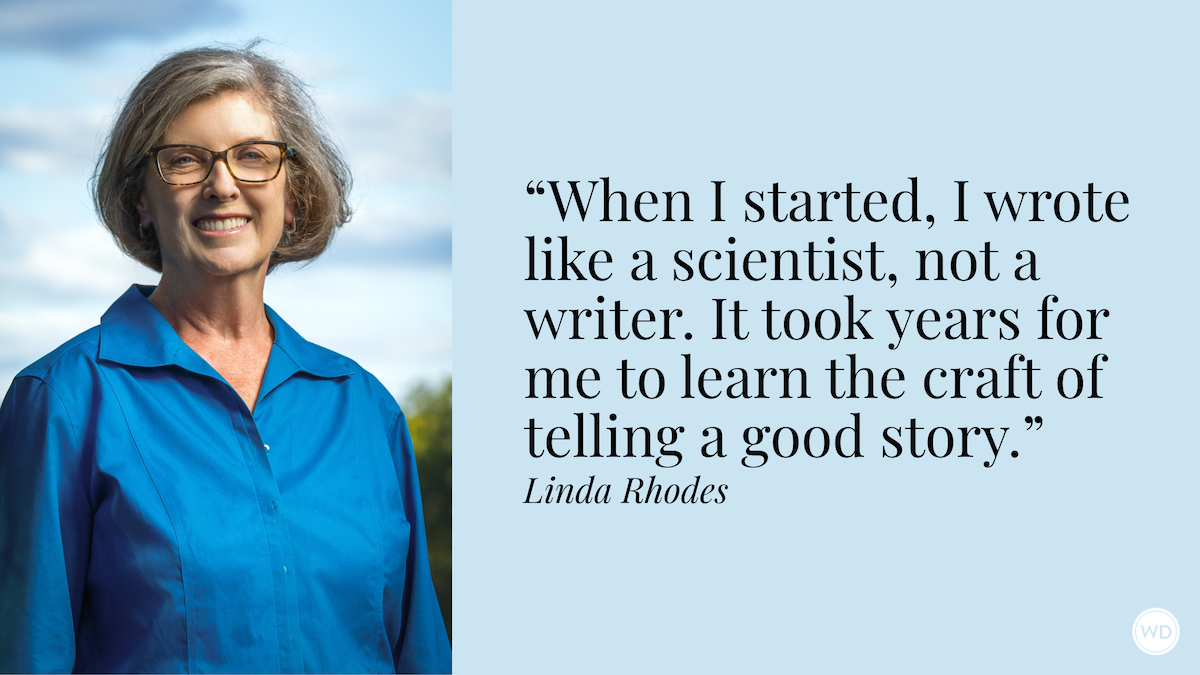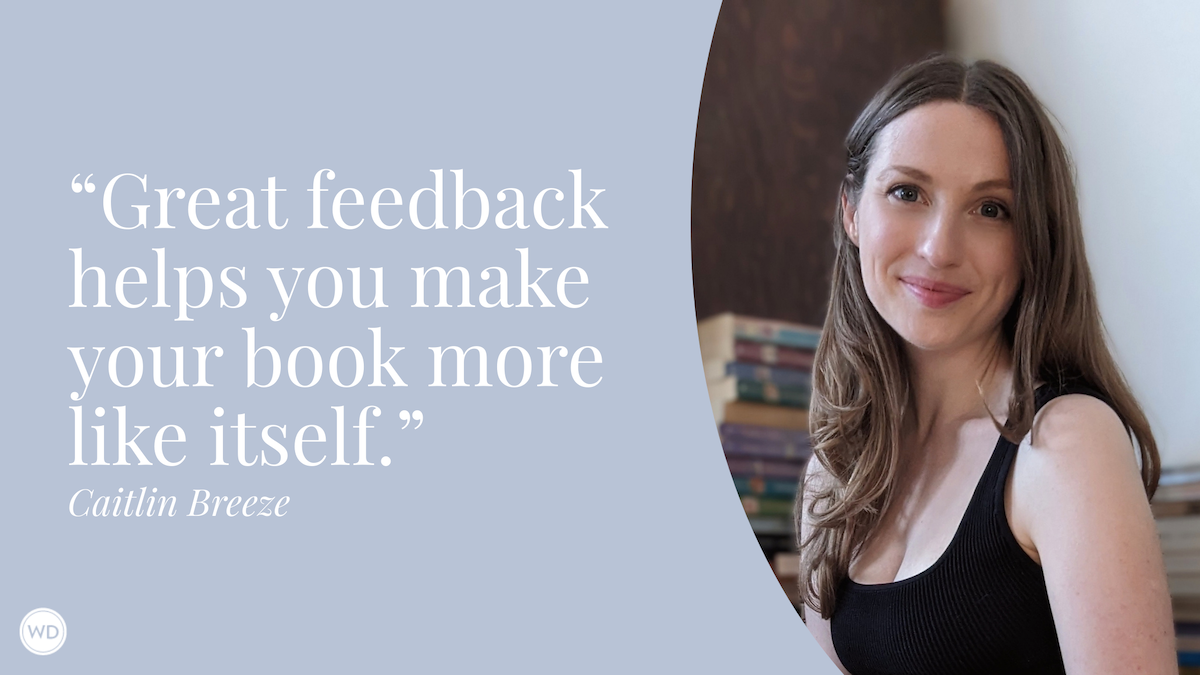Alas, You Have Reached the Wrong Susan Fletcher
What’s a well-published author to do when there’s another well-published author in demand with their same name (first and last).
Sometime in 2004 I began to get a number of lovely emails from friends, the kind of emails every author wants to receive…except that these were the tiniest bit disturbing.
“Congratulations on Eve Green,” they said. Or words to that effect. “Can’t wait to read it!”
Such nice friends I have! So supportive! Except…
I’d never heard of Eve Green.
Upon Googling, I discovered that Eve Green was the debut novel of a British author who shared my name: Susan Fletcher.
I was mostly bemused. After all, this, er, newbie Susan Fletcher lived half a world away from my home in Portland, Oregon. And she wrote for adults, whereas I wrote for kids and young adults. After all, my first novel came out in 1988.
When she was nine.
It’s just one of those things, I told myself. There must be thousands of Susan Fletchers. Of course, some of us write novels! Anyway, not every novelist keeps at it. Some of them quit after a book or two.
I let it go.
The following year, though, news came that the other Susan Fletcher had won the prestigious Whitbread First Novel Award in the UK.
Wow. She must be good. I felt a little bit…outshined.
When her second book, Oystercatchers, came out, and I got the same kind of lovely emails from friends—Congratulations! Can’t wait to read it!—I had a little chat with my editor.
“We could ask if she might be willing to put an initial in her name,” my editor said. “She does have two published books as Susan Fletcher already, which might make it difficult. But you have nine.”
We kicked it around for a while, but decided in the end to do nothing.
Different country. Different audience. Unlikely to be much of a problem.
Or so we thought.
Well, it’s been 21 years since the publication of Eve Green, and I wouldn’t call it a huge problem, even though both of us Susan Fletchers persist in turning out book after book. Still, there have been some sticky situations. I’m going to tell you about a few of them, and then I’ll offer some hard-earned advice about sharing a name with a famous and beloved author.
Sticky Situation #1: The Website
Through my website, I have received many invitations to delightful literary soirees in the UK. I would have been thrilled to attend any of them, but I guessed—correctly—that those invitations were not intended for me. “Alas, I believe you have reached the wrong Susan Fletcher,” I have written, more times than I care to count.
Each time, I indulged in a little fantasy that the hosts might take a closer look at my website and say, “Well, this Susan Fletcher looks pretty good. Let’s invite her, too!”
No dice on that one, so far.
And her fans! I mean, my fans are the best on the planet—of course!—but hers, being grown-ups, are sometimes more articulate and effusive.
I’m talking, really effusive.
I would never betray a devoted fan, so I’m not going to tell who they are or what they said. But sometimes, when I’ve hit send on my sad little missive (Alas, I believe you have reached the wrong, etc., etc.) I can just feel somebody’s heart breaking on the other end.
Often, her fans have written me back. I have to say, they’ve been great. Like when I found myself in the midst of a fun and lively email conversation with her audiobook narrator—one of the actresses on the Rumpole of the Bailey TV series. I happen to own the entire DVD collection! I went back and binge-watched every episode in which my new friend appeared.
Sticky Situation #2: The Book Event
I knew I was in trouble when I saw the sign:
Susan Fletcher:
All the Way from Manchester, England!
I’d been invited to speak at a large literary festival in my hometown of Portland, Oregon. I came early to check out the room where I was supposed to present, and the sign stood in front of the door.
Uh oh.
I went back to the greenroom and found the woman who was slated to introduce me. She assured me that Susan Fletcher was, indeed, coming from Manchester, England, and that I must have been assigned a different room somewhere else—she waved her hand vaguely in another direction—or maybe I had come by mistake.
I didn’t think so. “We’ll find out soon enough,” I said.
We waited. When it became clear that nobody was coming from Manchester, England, the woman turned to me. She looked like she was going to cry. “I really wanted to meet her,” she said. “I love her books. I worked so hard on this introduction!” She thrust it in my direction.
It was effusive.
“Maybe just say I write books for kids and young adults?” I suggested.
I was afraid that, when I stepped into the presentation room, everybody waiting there would be disappointed. I was afraid they’d all walk out.
But, no. It looked like the same modest-but-respectable-sized gathering of children, friends, and familiar faces who often showed up at my Portland events. And the local booksellers had brought my books. They all knew which Susan Fletcher to expect.
What did I tell you? The best!
Sticky Situation #3: Booksellers, Fan Sites, and Review Journals
Once, an American journal reviewed one of my YA novels, Alphabet of Dreams, as an adult novel written by the British Susan Fletcher. My agent contacted the journal, which, later, printed a short correction.
More recently, Amazon listed the British Susan Fletcher’s latest novel, The Night in Question, as having been written by me—and my new YA novel, Sea Change, as having been written by her. One result: The organizers of an event to which I was invited…ordered The Night in Question for me to autograph. The mistake was caught and straightened out in time, so it could have been stickier. But it was sticky enough!
What to Do?
It’s best to anticipate and avoid confusion however you can.
If you’re a new author, find out if someone else has been writing under the name you intend to use. If someone has—even if the established author writes in a different genre from you or lives in a different country—consider tweaking your name from the get-go to avoid confusion. Maybe put in an initial, or use your middle name.
If you’ve been a published author for quite a while and find out that someone new is writing under your name, talk to your agent and editor. Maybe the new author will be willing to tweak her name to differentiate herself from you. If not, just let it go. She has a right to her name, just as it is. But from now on, you’ll have to be vigilant.
Check your author profile on Amazon, Goodreads, Wikipedia, and other such platforms. Make sure that you are differentiated from the other author, and that your books are credited to you and hers are credited to her. If they aren’t, find out how to make corrections. Which sometimes can be tricky. Your agent and/or editor may be able to help.
Anytime you do an event, and especially if there will be a book signing, alert the organizers to the potential confusion. Tell them about the other author, and give them a list of books you’ve written.
Put it in perspective. If the other Susan Fletcher weren’t so brilliant, popular, and prolific the coincidence of our names might never have been an issue for me. On the other hand, it’s not so bad to be mistaken for someone like that. And I’m still holding out hope for a real invitation to a delightful literary soiree in the UK!
Check out Susan Fletcher's Sea Change here:
(WD uses affiliate links)







